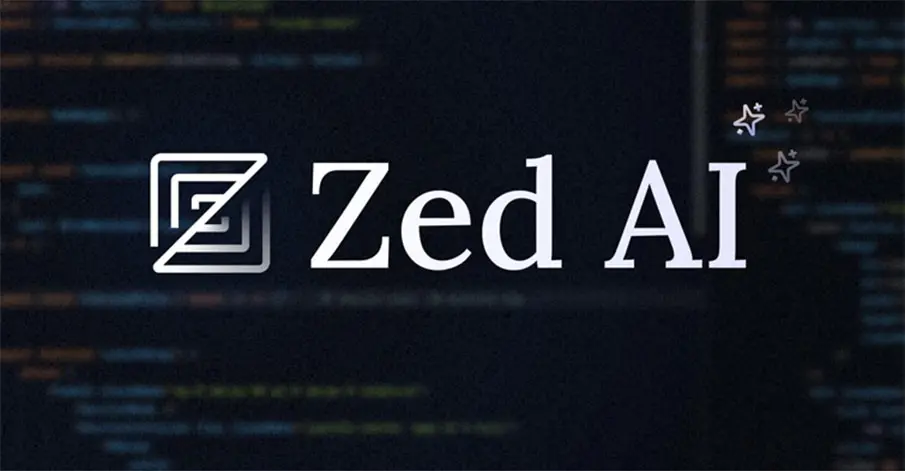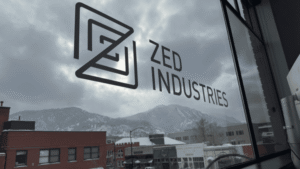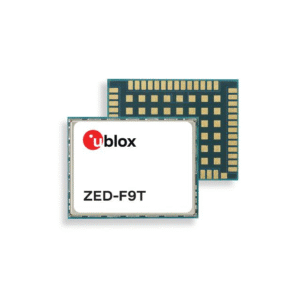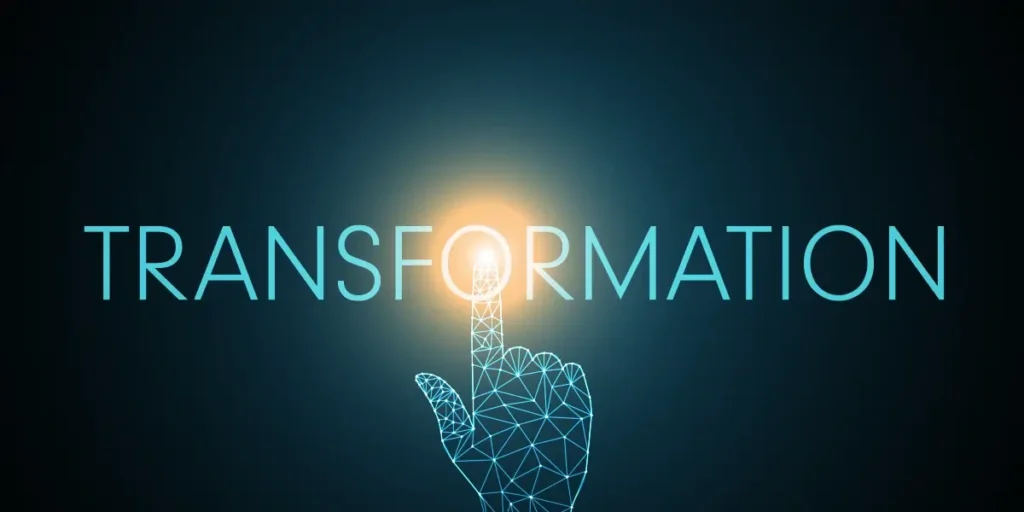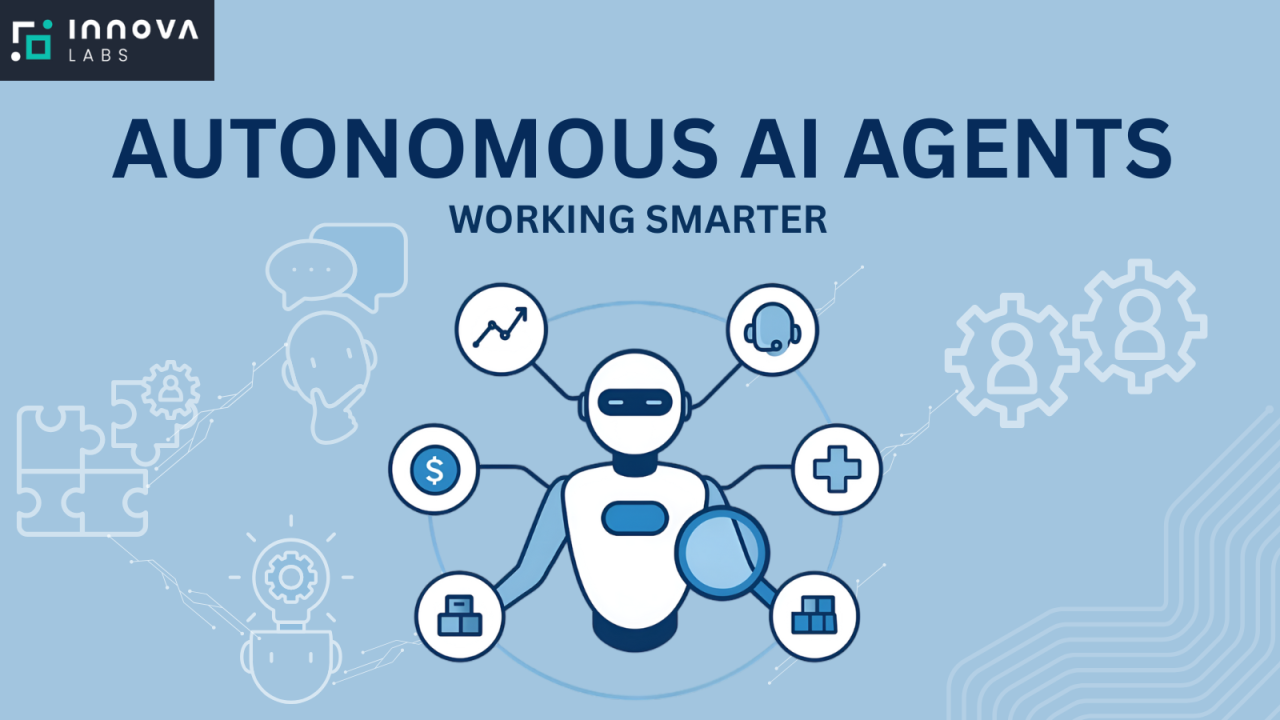Zed’s $32 Million Funding for DeltaDB: Re-wiring Collaboration for the AI Coding Era
Published: August 21, 2025
TL;DR
Zed—the high-performance, open-source, multiplayer code editor—has raised a $32 million Series B led by Sequoia Capital. The team plans to channel this capital into DeltaDB, a new data and versioning layer that binds human and AI conversations directly to evolving source code, aiming to make collaboration continuous, contextual, and lossless. With the round, Zed’s total funding surpasses $42 million. ZedSequoia CapitalFinSMEs
1) Why this funding round matters
Modern software development thrives on conversation: design debates in Slack, code reviews in PR threads, quick ideas dropped in DMs, triage notes in issue trackers, and now a torrent of prompts and replies from AI coding agents. The trouble is that all this context lives outside the source code and out of sync with how code actually evolves.
Zed argues that we need a deeper substrate that treats all those interactions—human and machine—as first-class data attached to the code itself. That’s the raison d’être for DeltaDB, and it’s why Sequoia is backing the company’s “bigger picture” beyond a fast editor: they see the next frontier as real-time, fine-grained collaboration between humans and AI, where context never gets lost. Sequoia CapitalZed
“We’ve always believed that great code is shaped by conversation.” — Zed team
2) The essentials: who funded what, and why now
-
Round: Series B
-
Amount: $32 million
-
Lead: Sequoia Capital
-
Use of proceeds: Scale collaborative AI workflows in Zed and build DeltaDB, a new kind of database/version control that tracks operations and binds discussions to code at a character-level granularity.
-
Total funding to date: $42M+. ZedSequoia CapitalProduct Hunt
In its announcement, Sequoia frames Zed as an editor “built from scratch” to be blazing-fast (Rust + GPU) and multiplayer-native, which makes it a natural host for AI agents that can pair program, refactor, and reason about code alongside humans. DeltaDB is the persistent memory for that collaboration. Sequoia CapitalZed
3) A quick primer on Zed (and what sets it apart)
Zed originated from the same minds behind Atom, but it’s not a spiritual sequel—it’s a ground-up rethink. Zed emphasizes:
-
Throughput: Built in Rust, leveraging multithreading and GPU acceleration.
-
Multiplayer by default: Low-latency, real-time co-editing that feels like shared presence, not just screen-sharing.
-
AI-forward design: The editor treats LLMs and agents as participants in the coding session. Zed
The Series B strengthens Zed’s positioning as the IDE for blended human+AI collaboration, where you can talk to teammates and to AI—inside the editor—against a shared, navigable history of code and context. Pulse 2.0
4) Meet DeltaDB: the missing substrate for conversational code
4.1 What is DeltaDB?
DeltaDB is described as “a new kind of database/version control” that tracks code not just at commit boundaries but at the level of every operation. It creates character-level permalinks that survive refactors and file moves, enabling conversations (human or AI) to remain bound to the exact logic they reference—even as the code changes over time. Think of it as a temporal, navigable mesh linking “who said what” to “what code they meant,” for all time. ZedProduct HuntHacker News
4.2 Why do we need it?
Today’s dev workflows scatter critical context across chat, tickets, and PR threads; the conversation and the code drift apart. DeltaDB aims to:
-
Capture intent: Tie design decisions, review rationales, and AI suggestions directly to code.
-
Preserve meaning: Keep links sturdy through edits, renames, and refactors.
-
Unlock retrieval: Let humans or AI query the living history behind a function or line, instantly. Reddit
4.3 How might it work (at a high level)?
While Zed hasn’t published a full spec, hints suggest that DeltaDB:
-
Logs operations, not just diffs at commit points—granular, continuous history.
-
Generates permalinks at the character or token level for durable references.
-
Indexes conversations and agent actions against these permalinks to create a graph of code+context.
-
Likely leans on CRDT-style ideas for real-time, conflict-tolerant collaboration (the company publicly mentions CRDTs in hiring/LinkedIn contexts). Hacker NewsLinkedIn
The upshot: your future codebase may carry its own encyclopedia—a built-in narrative of how and why it became what it is.
5) What changes for developers day-to-day?
5.1 PRs become optional (or at least… different)
Traditional PRs are a batch checkpoint for code review and context. With DeltaDB’s operation-level history and inline conversational anchors, review becomes continuous, not episodic. You can still gate merges, but the rich context means less time reconstructing intent and more time validating logic. Zed
5.2 AI agents become first-class collaborators
When an AI agent proposes a refactor, the proposal and its reasoning can be bound to the exact fragments it touches. That gives teams:
-
Traceability: Who (or what) changed what, and why.
-
Reusability: Prompts and rationales become searchable assets.
-
Governance: Auditable records for AI-assisted changes. Pulse 2.0
5.3 Better onboarding and knowledge transfer
New teammates can click into a tricky function and time-travel the conversation that shaped it—past reviews, tradeoffs, AI suggestions, and design docs—all anchored to the code that still exists today. Reddit
5.4 Incident response gets faster
When bugs surface in production, the context trail—who discussed which edge case, what an AI suggested, why a guard clause was removed—sits right at the site of failure. Root-cause analysis becomes a guided tour rather than a scavenger hunt. Zed
6) The competitive landscape (and where Zed fits)
-
GitHub (VS Code, Copilot): Dominant editor + AI assistant. VS Code supports Live Share and extensions for “sticky” discussions, but DeltaDB’s operation-level persistency and character-level permalinks imply a deeper substrate than extensions typically deliver.
-
JetBrains + AI: Strong static analysis and IDE intelligence; AI services are accelerating. JetBrains Space/Git tools manage code and reviews, though DeltaDB’s conversation-to-code permanence is a distinctive angle.
-
Cursor, Codeium, Replit, Sourcegraph Cody: These compete in AI coding experiences (LLM-assisted edits, explanations, and repo-level reasoning). Zed’s bet is stateful, real-time context woven into the codebase’s fabric—less “assistant as a plugin,” more “agent as a peer.”
Zed’s differentiation lives at the data model: if DeltaDB becomes a reliable, low-friction, durable record of code+context, then Zed can host the most complete memory of how a system was built and evolved—priceless for safety, compliance, onboarding, and speed. (This positioning is consistent with how Zed and Sequoia describe the vision publicly.) Sequoia CapitalZed
7) Product design implications of DeltaDB
7.1 UX: conversations where they belong
Expect UI patterns where comments, design notes, and AI “explanations” live in place—not floating detached from the code. With character-level anchors, UI can reflow context as code shifts, keeping discussions relevant without manual relinking. Product Hunt
7.2 Query as a first-class action
Imagine asking, “Show me every time someone debated error handling in this function,” or “Find all AI-suggested type conversions in the networking layer.” DeltaDB’s structure implies this kind of semantic retrieval. That’s a leap from searching PRs or Slack by keyword. Zed
7.3 Agent ecosystems
If agents can read/write DeltaDB, they can collaborate more responsibly: citing their sources, linking rationale to code, and avoiding “stateless” suggestions. Teams could even set policies (“no AI-applied changes without linked test evidence”), enforced by agents that speak DeltaDB. Pulse 2.0
8) Architecture: what might be under the hood?
Note: Zed hasn’t published a whitepaper yet; the following synthesizes public statements with common patterns in collaborative systems.
-
Operation log + CRDTs: Real-time co-editing and durable anchoring point to CRDT-style reconciliations, where each edit operation is mergeable and causally ordered. LinkedIn
-
Stable identifiers: Character-level permalinks suggest a mapping from logical regions of code to stable IDs that survive edit churn. Product Hunt
-
Conversation graph: Every message, review note, or AI suggestion associates with one or more stable IDs, forming a knowledge graph overlaying the codebase. Reddit
-
Indexing & retrieval: To make this usable at scale, DeltaDB likely maintains inverted indexes and embeddings that let humans/agents traverse from code to conversation and back, quickly. (Inference based on the aims Zed describes.) Zed
9) Privacy, data control, and developer trust
A lively discussion has already surfaced on community forums about how DeltaDB data is stored and used, particularly around hosting, training rights, and opt-outs. While Zed’s posts emphasize developer control and a product vision centered on value (not surveillance), teams will want clear documentation on:
-
Data locality & hosting options (self-hosted vs. cloud)
-
Enterprise security controls (SSO, audit logs, role-based permissions)
-
Model boundaries (what can/can’t be used for training)
-
Export & portability (no lock-in)
As Zed ships DeltaDB, expect these questions to take center stage in enterprise evaluations. Hacker News
10) Go-to-market and monetization: plausible paths
-
Team & Enterprise tiers: Features like DeltaDB retention windows, governance rules, SLA, compliance, and on-prem options are natural upsells.
-
Agent marketplace: If DeltaDB becomes the substrate agents plug into, Zed could host a marketplace for task-specific agents (migration, performance tuning, compliance checkers).
-
Analytics & insights: Over time, DeltaDB can power engineering intelligence—surfaces like “hotspots of churn,” “reused rationale,” or “areas with chronic AI disagreement.”
-
Hosted DeltaDB: Managed service with enterprise controls, while offering self-host for regulated customers.
These directions align with how modern dev-tool companies layer value above an open-source core. Zed’s editor is open-source; DeltaDB’s packaging and deployment options will likely define revenue levers. Zed
11) What success looks like (KPIs to watch)
-
Latency and resilience of character-level anchors under heavy refactoring
-
Adoption by AI agents (internal and third-party) using DeltaDB APIs
-
Time-to-review and time-to-merge improvements vs. PR-centric flows
-
Onboarding time reductions for new engineers
-
Incident MTTR improvements using code-bound conversation trails
-
Enterprise uptake (regulated industries, self-hosted deployments)
If DeltaDB meaningfully compresses these metrics, it’ll move from “cool idea” to “default infrastructure.”
12) Risks and challenges
-
Complexity & performance: Operation-level history and durable anchors must remain fast at scale. Any lag will push teams back to familiar tools.
-
Interoperability: Devs won’t abandon Git overnight. DeltaDB must coexist—not compete—with Git repos, CI/CD, and review gates.
-
Cultural change: Teams comfortable with PRs and Slack may resist a shift to continuous, code-bound conversations.
-
Data governance: Enterprises will require crystal-clear answers on data usage and AI training boundaries.
-
Ecosystem buy-in: DeltaDB’s real power emerges when agents and other tools integrate deeply. Winning that ecosystem is a strategic slog.
13) What the community is saying (early signals)
Early reactions highlight enthusiasm for the vision and healthy skepticism—especially around data policies and “what exactly DeltaDB will look like in practice.” Product Hunt and Reddit threads echo excitement about character-level permalinks and deeper Git integration, while Hacker News probes how hosting and training might work. This is normal—and arguably productive—scrutiny for infrastructure that touches code and conversation. Product HuntRedditHacker News
14) The road ahead: a phased rollout to watch for
Based on public cues, here’s a likely rollout shape:
-
Closed pilots with selected teams to validate anchor stability, scale, and UX.
-
Editor-integrated workflows that feel like chat + review + traceability in place.
-
APIs for agents to consume/produce DeltaDB context, with policy controls.
-
Interoperability features (bridges to Git, PR tools, issue trackers) to ease adoption.
-
Enterprise packaging (SSO, RBAC, self-host, compliance) and pricing.
Given Zed’s product velocity and the clarity of the narrative, expect incremental releases where each slice is immediately useful—anchored comments, then time-travel views, then agent hooks, and so on. Zed
15) Practical advice for engineering leaders
If you’re intrigued by DeltaDB, start here:
-
Map pain points: Where does context get lost today—PRs, Slack, incident postmortems, AI prompts?
-
Pick a pilot repo: Choose a codebase with active refactoring to stress-test anchor durability.
-
Define success: Measure review time, onboarding time, and incident MTTR before/after.
-
Establish data rules: Decide early on what can be shared with hosted services vs. what must be self-hosted.
-
Plan for coexistence: Keep Git and PR gates where needed; treat DeltaDB as an augmentation, not a rip-and-replace.
16) Bottom line
Zed’s $32M round is less about “yet another IDE” and more about re-architecting the memory of software development. By binding conversation—human and AI—to code at surgical precision, DeltaDB could make context a durable, queryable asset instead of a trail of breadcrumbs scattered across tools. If Zed executes, the payoff is big: faster teams, safer changes, and codebases that explain themselves.
For now, the signals are promising: Zed has the capital, the technical pedigree, and a sharply articulated thesis. The next twelve months will tell us whether DeltaDB becomes a niche feature—or the substrate every modern team expects under their editor. ZedSequoia Capital
Sources and further reading
-
Zed blog: “Sequoia Backs Zed’s Vision for Collaborative Coding” (Aug 20, 2025) — Series B of $32M, DeltaDB vision, total funding $42M+. Zed
-
Sequoia Capital: “Partnering with Zed” (Aug 20, 2025) — Why Sequoia led the round; human+AI collaboration focus. Sequoia Capital
-
Product Hunt roundup: “Zed has raised a $32M Series B” — Notes on character-level permalinks and DeltaDB as a Git enhancement. Product Hunt
-
Reddit discussion: r/ZedEditor — Community explanation that DeltaDB connects discussions directly to code as it evolves. Reddit
-
HN thread: “Sequoia backs Zed” — Community questions on hosting/training/data use; Zed quote on tracking every operation. Hacker News
-
Zed site & docs: high-level product claims (performance, collaboration, AI) and company background. Zed
-
FinSMEs and other coverage summarizing the round details and totals. FinSMEsPulse 2.0
https://bitsofall.com/https-yourblog-com-nemo-money-on-ai-guided-investing-regulation/
ElevenLabs Chat Mode: The Complete 2025 Guide to Text-Only Conversational Agents

